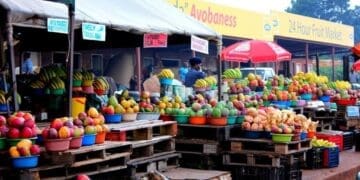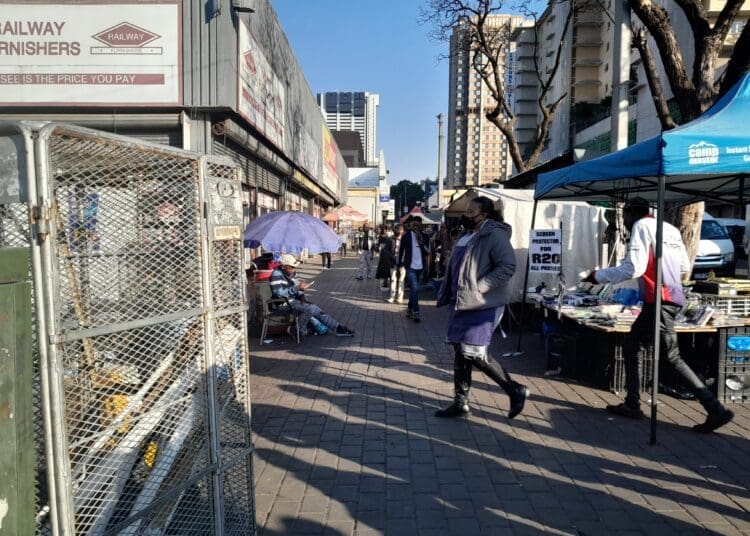The City of Tshwane has introduced a by-law to help structure the informal trading sector and township economy.
A recent council meeting highlighted the regulations that detail various aspects of informal trading, the freedom to engage in informal commerce, the responsibilities of the city and the enforcement mechanisms in place.
The bylaw identifies several types of informal trading, including street vending and trading in pedestrian malls, markets and other public spaces. Other types of trading encompassed by this legislation include car washing services, hairdressing, photography and tailoring.
Tshwane economic development MMC Sarah Mabotsa said the objective of the bylaw was to foster growth in Tshwane.
“Our goal is to regulate informal traders, encourage economic expansion and ensure alignment with relevant policies, such as the Gauteng Development Act, which will facilitate healthier trading environments. This bylaw will not only focus on spaza shops, but will also extend to other sectors,” said Mabotsa.
“We understand that by effectively regulating this sector, more job opportunities will arise Thus, we have set a growth target of 3.9% for the City of Tshwane.”
The bylaw stipulates that individuals with a business licence can engage in any business activity across the city’s seven regions.
Additionally, there is a desire to offer support services to informal enterprises, including workshops on business compliance and awareness, skills development and access to infrastructure and markets.
While the bylaw seeks to enhance access to supportive services and improve competitiveness, there are challenges that need to be resolved.
These include ensuring adherence to regulations and policies while managing conflicts between formal and informal traders.
Councillor Patrick Matsiale Kamabona, of Ward 104 and the Chair of the Chairs of the City of Tshwane, remarked that they still needed to develop policies that advocated for informal traders.
“We must formulate a policy with a strategic plan that clearly outlines where individuals can exercise their rights and provides a detailed framework,” said Kamabona.
“This policy may also permit and regulate informal trading on both municipal properties and non-municipal sites, addressing issues like trading hours and safeguarding trading areas,” he said.
Tshwane’s new bylaw represents progress in regulating informal trading and supporting township economies. It offers a foundation for informal trading and supportive services, potentially fostering economic growth and development within these communities.






















































